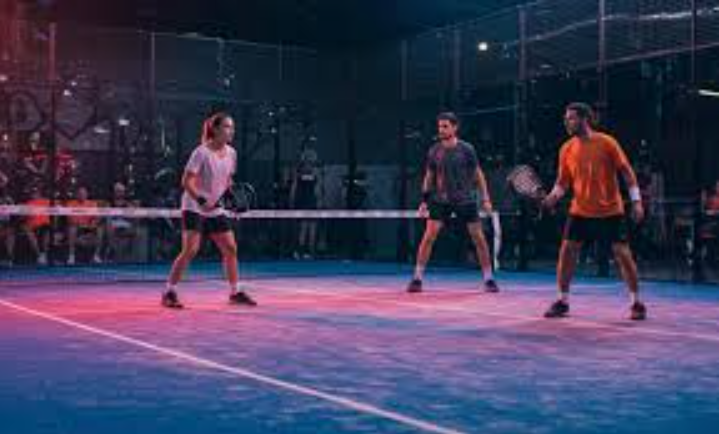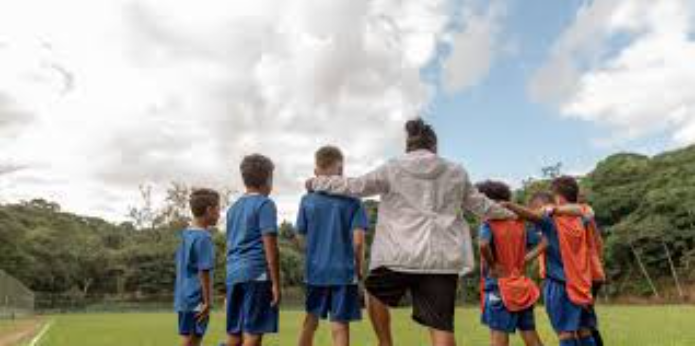Introduction
Padel is one of the fastest-growing sports in the Netherlands, and NLPadel is at the heart of this boom. Combining elements of tennis and squash, padel is easy to learn, highly social, and perfect for all ages. Whether you are a beginner or a seasoned player, understanding the NLPadel scene can help you make the most of your game, find clubs, tournaments, and training tips.
What is NLPadel?
Definition and Origins
NLPadel refers to the padel community, clubs, events, and resources specifically in the Netherlands. Padel itself originated in Mexico in the 1960s and has since exploded in popularity in Europe, especially Spain, Sweden, and the Netherlands.
Key Facts:
- Played in doubles on a 20x10m court
- Walls used like in squash
- Lower learning curve than tennis

Why is Growing Rapidly
Several factors fuel the growth of NLPadel:
- Urban accessibility: Smaller courts fit city spaces
- Social sport: Doubles format encourages community
- Health benefits: High-intensity but low-impact
How to Start ?
Finding a Club
The Netherlands has hundreds of padel clubs. To choose the best:
- Check KNLTB-affiliated clubs
- Look for quality courts (glass walls, artificial turf)
- Assess coaching availability
- Consider club membership vs. pay-per-play
Essential Equipment
Starting padel requires minimal gear:
- Paddle: Smaller than tennis racket, no strings
- Balls: Slightly less pressurized than tennis balls
- Shoes: Non-marking, padel-specific grip
Learning the Basics
Key skills to focus on:
- Serve underhand technique
- Basic volleys and smashes
- Wall rebounds strategy
- Positioning in doubles
Tournaments and Events
Competitive Scene
NLPadel hosts regional and national tournaments. Categories include:
- Amateur leagues
- Youth tournaments
- Veteran events
Example: The Dutch Padel Open attracts hundreds of players annually.
Social and Fun Events
Beyond competition, many clubs organize:
- Social doubles nights
- Corporate padel events
- Padel festivals
These events make it not just a sport, but a community hub.
Benefits of Playing
- Fitness: Cardiovascular and muscular endurance
- Mental health: Social interaction reduces stress
- Accessibility: Suitable for beginners to advanced
- Fun factor: Fast-paced, rewarding gameplay

Tips from Experts
- Consistency over power: Focus on placement rather than hitting hard
- Communicate with your partner: Doubles coordination is key
- Watch and learn: Attend tournaments to study strategy
- Warm-up properly: Reduces injury risk, especially in knees and shoulders
Expert Reference: Dutch Padel Association coaching guidelines.
FAQ
What is NLPadel?
NLPadel is the padel community, clubs, and events in the Netherlands.
Is padel hard to learn?
No. Most beginners pick up basic rallies within a few sessions.
Where can I play NLPadel in the Netherlands?
You can find clubs in major cities like Amsterdam, Rotterdam, The Hague, and Utrecht.
Do I need to be fit to play padel?
No, it’s suitable for all ages and fitness levels. The doubles format reduces physical strain.
How is NLPadel different from tennis?
Padel is played on a smaller court with walls, emphasizing strategy and teamwork over power.
Conclusion
The NLPadel scene is vibrant, accessible, and growing rapidly. Whether you aim to compete, socialize, or just stay active, the Netherlands offers numerous clubs, expert coaching, and exciting tournaments. Dive in, pick up your paddle, and become part of the thriving NLPadel community.

